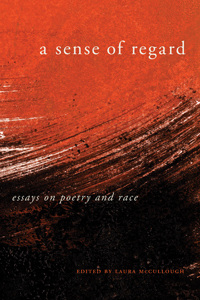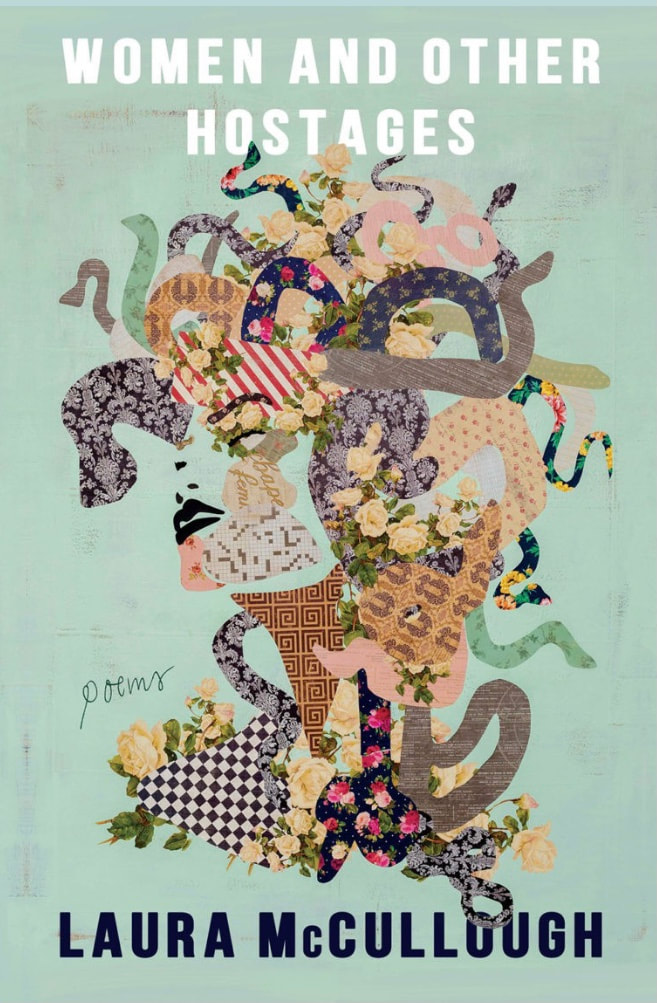LAURA MCCULLOUGH
Making Enemies: Ailish Hopper4/14/2015  Ailish Hopper’s “The Gentle Art of Making Enemies” considers the destabilizing, re-assembling and re-visioning of race through poetry, and the gestures, strategies, and maneuvers of many poets currently working in this vein. Read a couple of excerpts of her well researched essay: Challenge the codes [regarding race] and you will be punished by their enforcers---who may be black or white. This protective border serves what James C. Scott calls the “public transcript,” which justifies and prosecutes its “rules” that are by nature hidden. They can only be expressed in codes, euphemisms, and other forms of disguise, which appear as simply agreed-upon, unanimous. Meanwhile there exists a “hidden transcript,” the things that are said away from the gaze of the racial codes and their enforcers. (1990, 45) As in the rest of the world’s activities, poetry, publishing, and criticism numbingly and brutally reflect this dynamic, what Marcel Cornis-Pope calls, “narratives of containment” (2001, xii). ... [A]nger, is equally distorted across the racial spectrum. For white poets, for instance, pain is only visible in its neurotic forms, e.g., “white guilt,” which is merely another version of white refusal. Real accountability, naming the stage and the script we all stand on and speak from, is thus an important rupture. Martha Collins acknowledges that: “…a few years after Brown/ v. Board of Education [she] wrote a paper/ that took the position Yes But not yet,” not adding a narrative of remedy, despair, or even hope (2011, 1). She simply opens this closed space in history and lets stand her naked complicity. This poetics is thus a cold shower not only on history, but on our readerly desire to be soothed or to find sympathetic understanding. Rewriting aims to disrupt what Brecht called a “hypnosis” between that can happen between poem and reader, if it is based on stable, but false, notions of our own, and others’, identities. (1961, 12) Inside this hypnosis, all manner of racial codes can safely be transmitted, with the reader unaware. This disruption, since language is so complicit, too, is well assisted by visual language or actual images. Claudia Rankine, in Don’t Let Me be Lonely, pairs a poem with an illustration by John Lucas that makes material the social internalization of “toxic” racialization: TO READ THE FULL ESSAY AND ALL OF THE OTHER, YOU CAN GET THE ANTHOLOGY HERE
0 Comments
Leave a Reply.Archives
October 2023
Categories
All
|

 RSS Feed
RSS Feed
